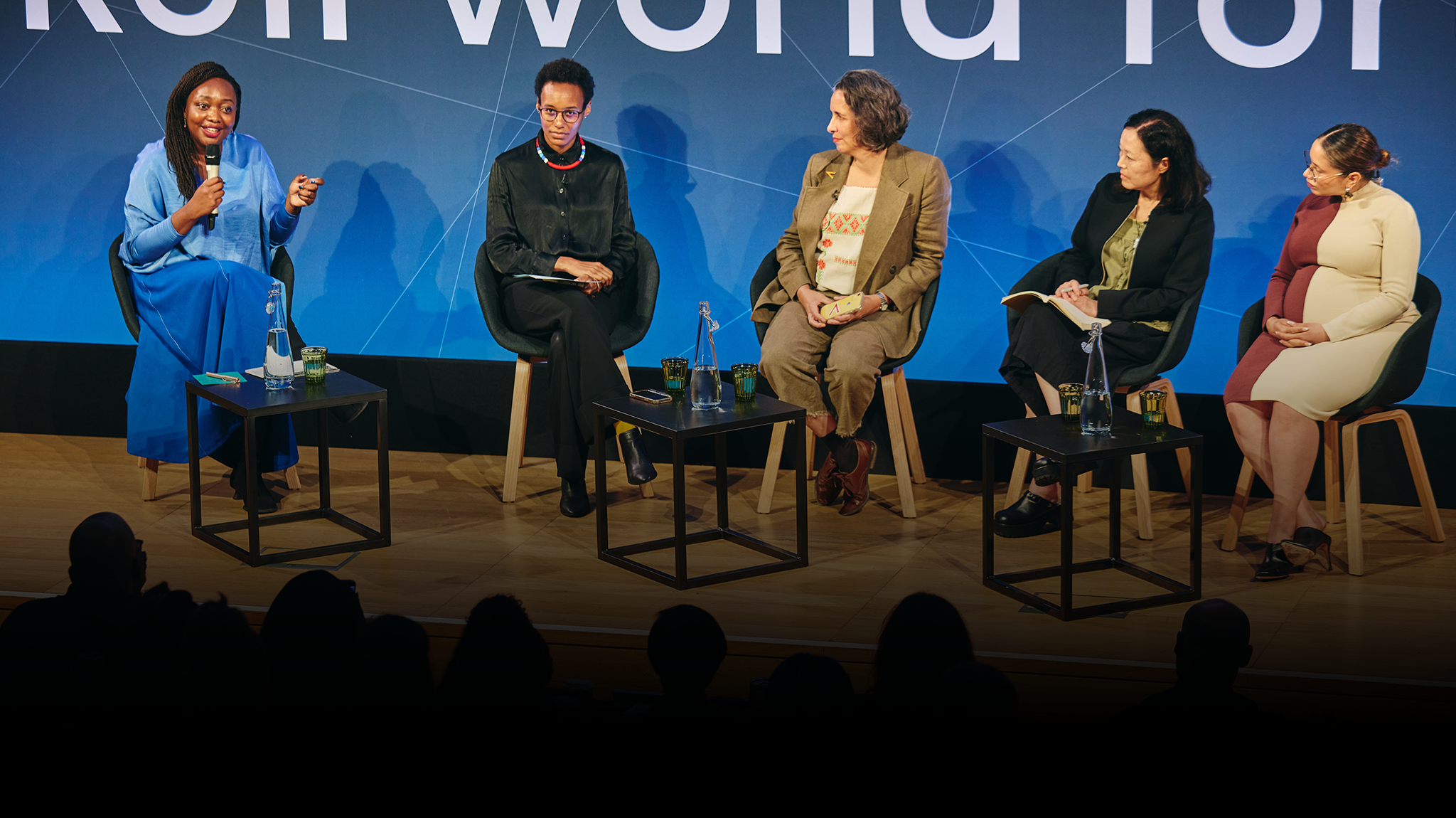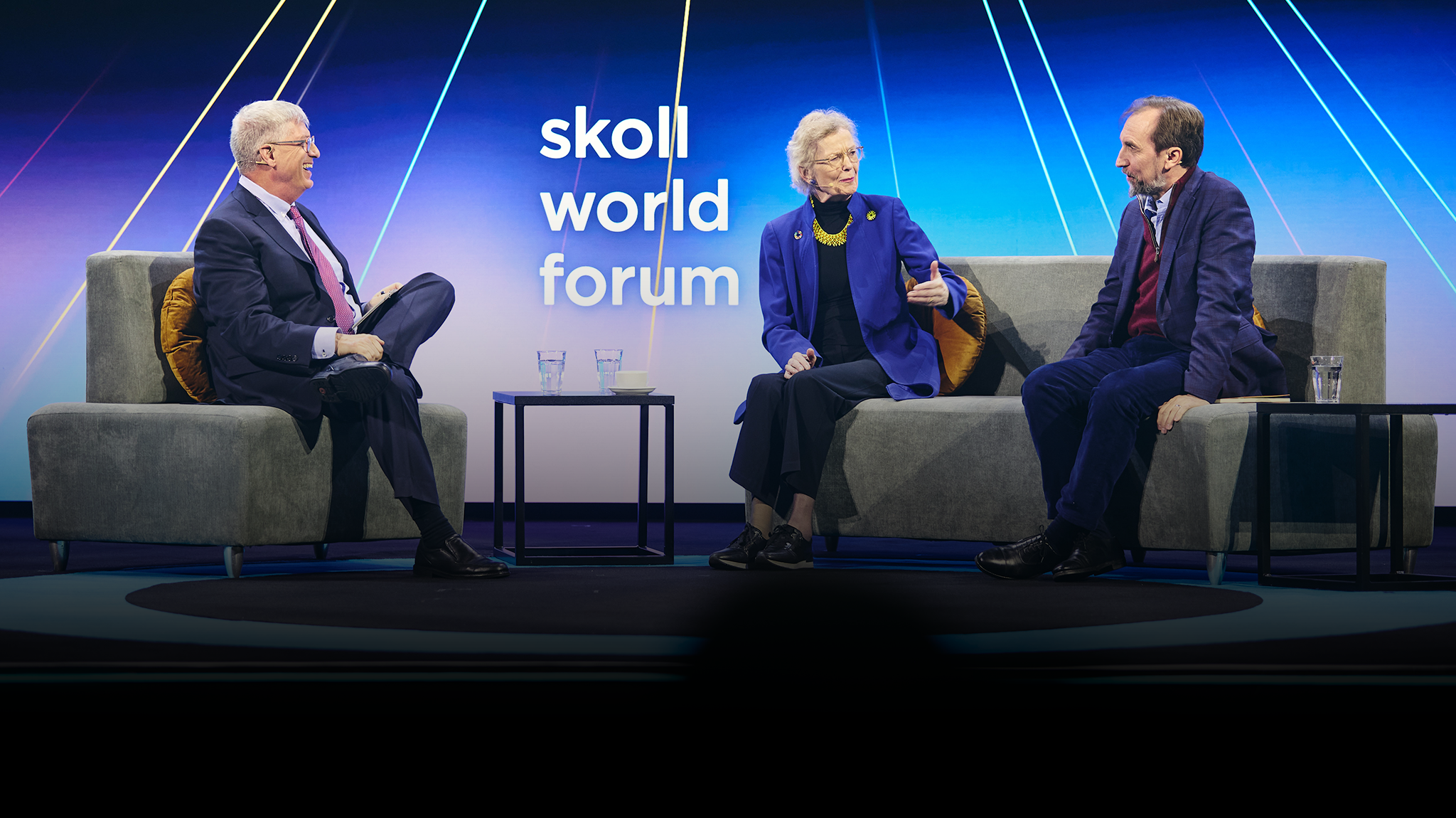New Allies: How Governments Can Unlock the Potential of Social Entrepreneurs for the Common Good
In our journey at the Skoll Foundation of supporting social entrepreneurs and other social innovators, we collectively seek paths to scale impact beyond the footprint of a single organization or initiative. We’ve seen for many years in our portfolio of grantees and awardees that government can be that unlocker of scale—crucial partners to work with social entrepreneurs to refine and adopt their models and roll them out at exponentially.
We’ve partnered with Catalyst 2030, Ashoka, Co-Impact, Echoing Green, and the Schwab Foundation for Social Entrepreneurship on a new report that explores this key lever for transformational social change. Read the full New Allies report—which aims to reach government players who want to enrich their current model of addressing societal challenges by facilitating an exchange with social entrepreneurs as catalysts for structural change.
New Allies builds on Embracing Complexity, a 2020 report from the same set of partners, that co-created a shared perspective on the questions around how to improve funding and supporting systems change and to mainstream that funding approach.
Many social entrepreneurs take a systemic approach to solving societal issues, we’ve begun to call them “systems orchestrators” at Skoll. Think of this as society’s R&D lab—they work to change policies, practices, power dynamics, social norms or mindsets that currently hinder progress. They’ve also built trust-based, proximate relationships with the vulnerable communities that inequitable systems fail to serve—the COVID-19 pandemic has painfully highlighted these dynamics across the globe.
This past year has shown how social innovators in the civil society sector are so well placed to increase the capacity of government response. In Kenya, working in close collaboration with the Ministry of Health and a range of partners, Medic Mobile built a COVID-19 tracking system to improve reporting and surveillance. Harambee Youth Employment Accelerator deployed its call center infrastructure in partnership with the South African national government to administer its unemployment insurance fund. Noora Health partnered with government in India and Bangladesh, reaching millions with their online trainings and caregiver support tools. Pratham worked closely with government to leverage its digital learning resources to support school age children through the challenges of lockdowns.
Philanthropic institutions are well positioned to assume the risks of fueling and funding innovation and to help create space to shift the power dynamics. At some point, innovations need to be institutionalized to reach scale. Government has the reach, the political capital, and the influence to change the reality on the ground and social innovators have honed the kinds of approaches that drive that change. The New Allies report illustrates the incredible social impact value when these two types of actors come together.



